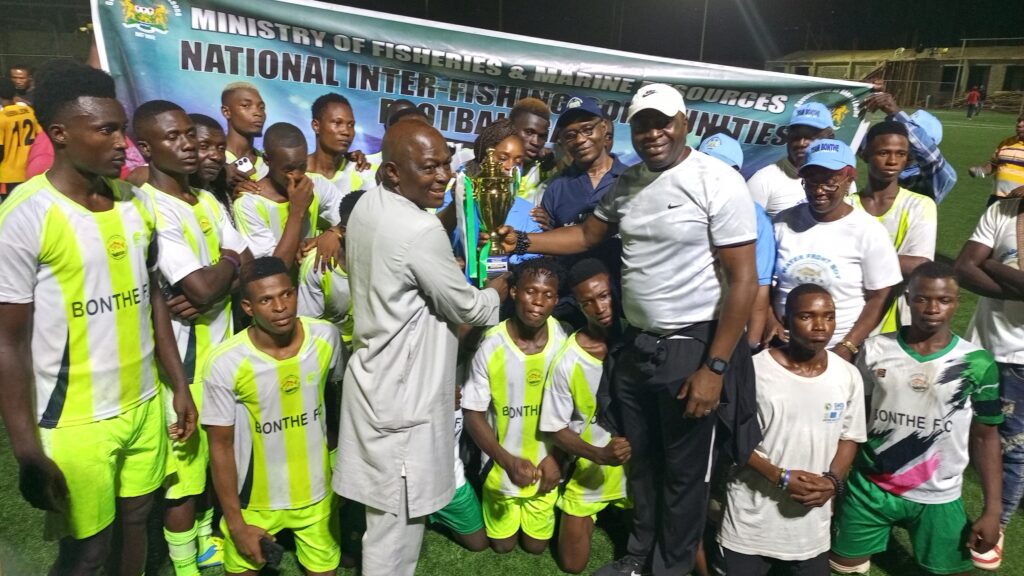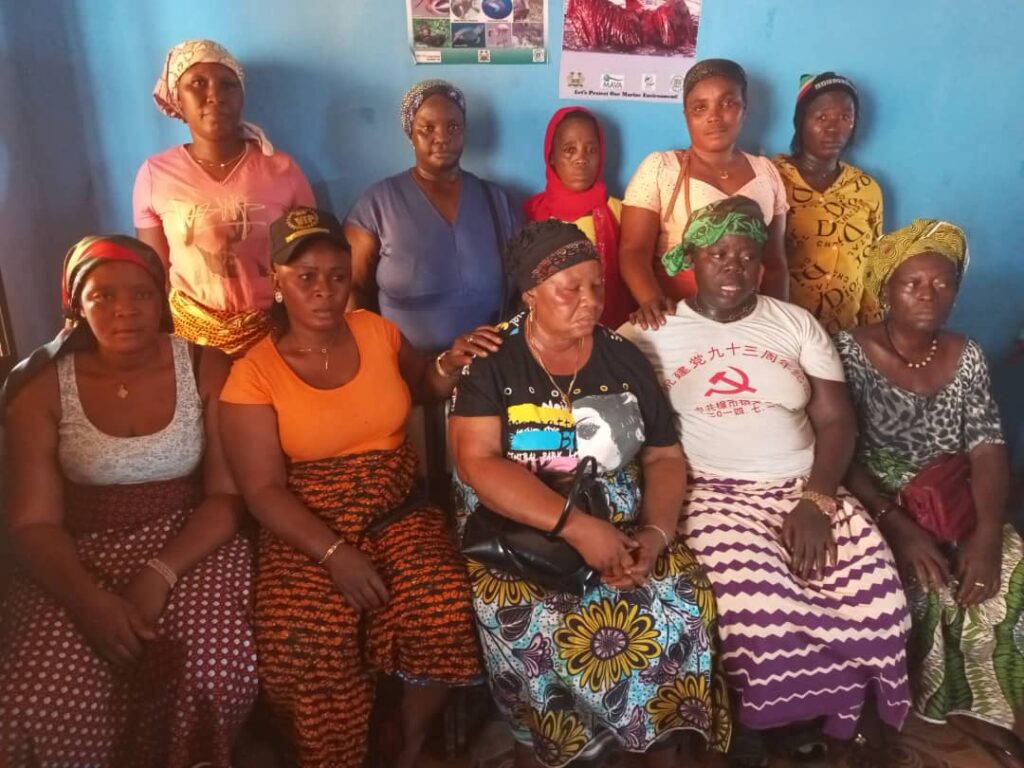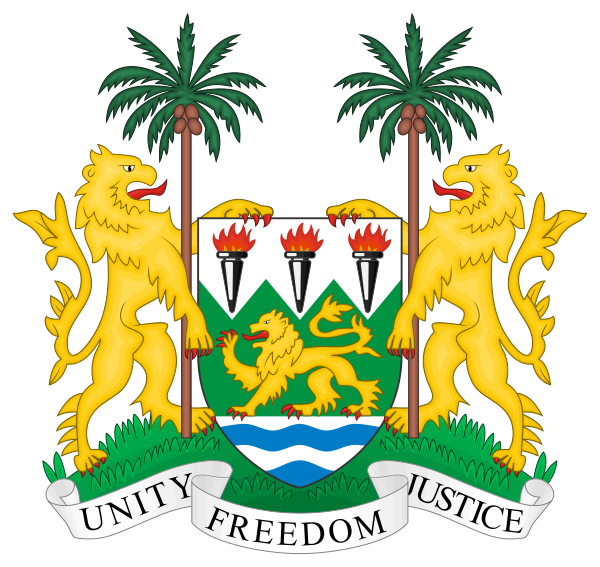Introduction
In February 2025, the Ministry of Fisheries and Marine Resources (MFMR) of Sierra Leone, under the leadership of Hon. Minister Mrs. Princess Dugba, implemented a nationwide Artisanal Fishing Closed Season. This initiative, supported by the Acting Director of Fisheries, the Permanent Secretary, MFMR staff, and the Fishermen Consortium, aimed to replenish fish stocks and promote sustainable fishing practices.
Objectives of the Closed Season
The primary goal of the closed season was to allow fish populations to regenerate during their spawning period, ensuring long-term sustainability of the fishing industry. This measure aligns with international best practices and contributes to the conservation of marine biodiversity .
Community Engagement and Support
Football Tournament for National Cohesion
To foster unity and morale among fishing communities during the closure, MFMR organized a football competition. The Tombo fishing community emerged as champions, with Bonthe as runners-up. This event not only provided entertainment but also strengthened community bonds.
Distribution of Cash and Rice
Recognizing the economic impact of the closure, the MFMR with support from the government provided cash and rice support to local fishers, including boat owners, crew members, and women in fisheries groups. This distribution was coordinated through MFMR extension offices in Sulima, Bonthe, Gbondapee, Shenge, Kambia, Port Loko, Konakridee, Tombo, and Goderich.
Importance of Closed Seasons
Closed seasons are vital for the recovery of fish stocks. By restricting fishing during critical breeding periods, fish populations have the opportunity to replenish, leading to increased catches post-closure. This approach has been effective in other countries, such as Ghana, where closed seasons have resulted in improved fish sizes and quantities
Gains from the 2025 Closed Season
The 2025 closed season in Sierra Leone yielded several benefits:
- Enhanced Fish Stocks: Preliminary observations indicate a positive trend in fish population recovery.
- Economic Relief: The provision of cash and rice mitigated the financial strain on fishing communities.
- Community Development: The football tournament promoted social cohesion and provided a platform for community engagement.
Conclusion
The successful implementation of the 2025 Artisanal Fishing Closed Season demonstrates Sierra Leone’s commitment to sustainable fisheries management. Through collaborative efforts between the government, fishing communities, and partners, the initiative not only contributed to the replenishment of fish stocks but also supported the livelihoods and well-being of those affected. Continued adherence to such measures will ensure the long-term viability of the nation’s fishing industry.






